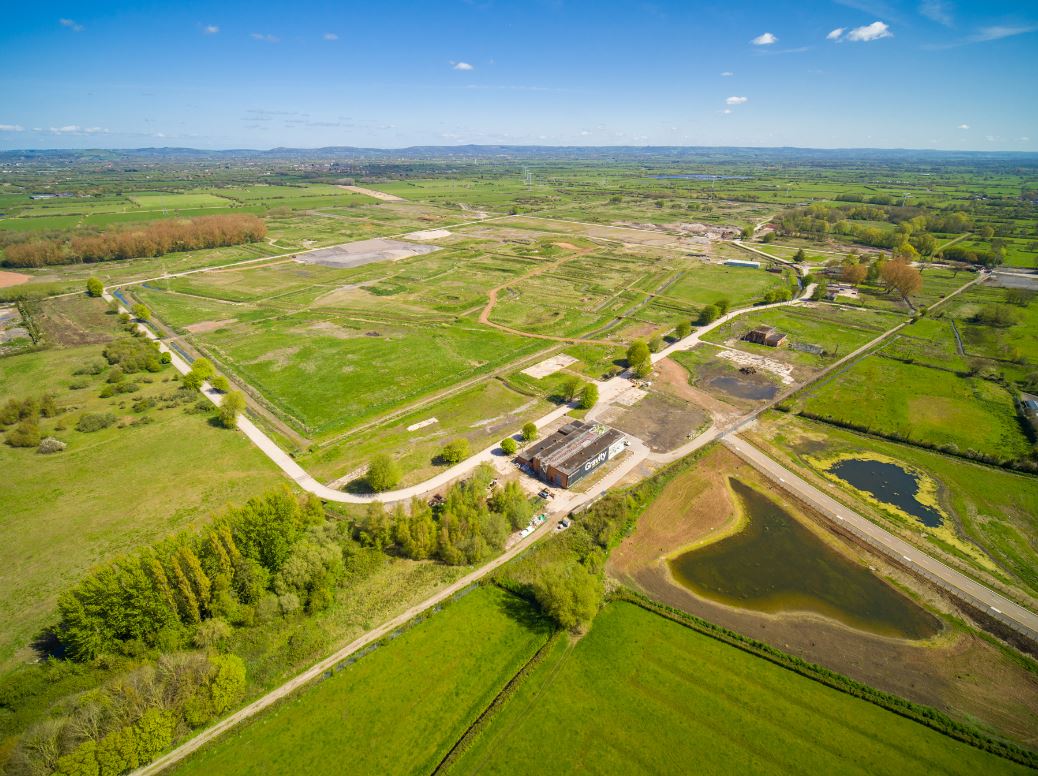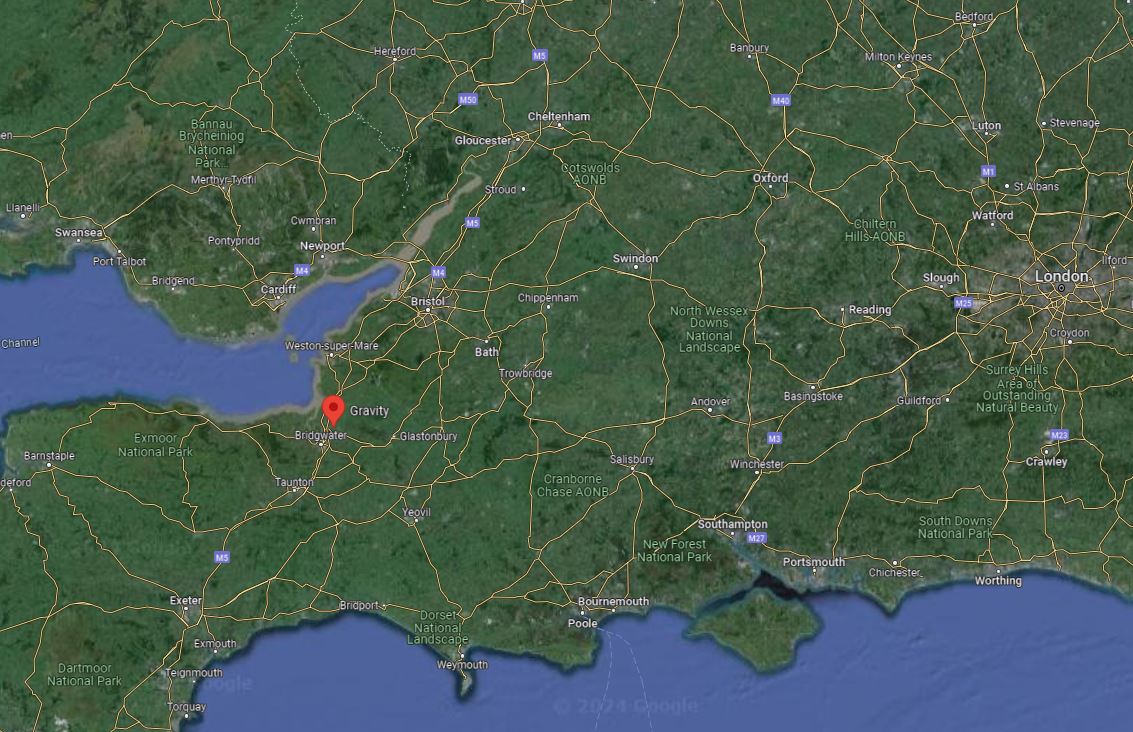Tata confirms site for £4bn battery factory which will employ 4,000
The plant will produce close to half of the battery capacity that the UK will need by 2030

Indian conglomerate Tata has confirmed Bridgwater in Somerset as the site of its new £4bn battery factory, which will bring about 4,000 jobs to the region.
Tata’s battery business Agratas said that it had bought land at the Gravity Smart Campus, next to the M5 and just outside the town.
Tata confirmed in July last year that it had chosen to build its next so-called gigafactory in the UK. It secured about £500m in UK government subsidies to do so.
It did not confirm where it was planning on constructing the facility, but Bridgwater had been widely tipped as the most likely. The site used to be home to a factory which produced high explosives for military use and which closed in 2008.
It’s about seizing an incredible opportunity to be at the heart of the UK’s green energy industry that will create thousands of highly skilled, well-paid, green jobs
“Our multibillion-pound investment will bring state-of-the-art technology to Somerset, helping to supercharge Britain’s transition to electric mobility whilst creating thousands of jobs in the process,” said Agratas chief executive, Tom Flack.
The company said that it would be getting in touch with local residents this week to tell them about the project.
Preliminary activity has already started on the site, and work to establish the factory’s foundations will start in the spring. Battery production will begin in 2026 according to the current schedule.
As the UK and global car industry retools to produce electric cars rather than the more polluting petrol or diesel alternatives, the batteries needed to propel these cars are becoming increasingly important.
MPs on the Business and Trade committee in November warned that 160,000 jobs in the UK would be at risk if the country couldn’t supply the batteries car manufacturers will need.
The plans announced at that point – including Tata’s 40 gigawatt hour (GWh) plant – were only enough to cover about half the 100GWh of production the UK will need by 2030.

Agratas said that Tata Motors and Tata-owned Jaguar Land Rover would be its first customers. It also plans to create batteries for commercial energy storage, two-wheelers and commercial vehicles.
Councillor Bill Revans, leader of Somerset Council, said: “This is momentous for the county, its economy and for future generations.
“It’s about seizing an incredible opportunity to be at the heart of the UK’s green energy industry that will create thousands of highly skilled, well-paid, green jobs.”
Investment minister Dominic Johnson said: “This is fantastic news for Somerset, and will create 4,000 direct jobs plus thousands more in the wider supply chain.
“We’re committed to making the UK one of the very best places in the world for automotive investment, and Tata Group’s decision to build its gigafactory here shows once again that this government’s plan for the car industry is working.”
Bookmark popover
Removed from bookmarks